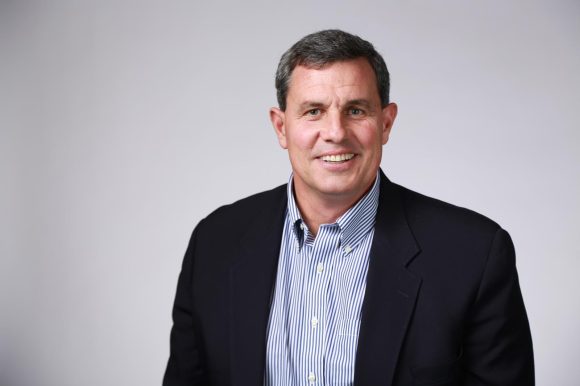Bill Berrien has had an extraordinary professional journey.
He earned an MBA at Harvard, worked for General Electric and then in private equity. Ten years ago, he purchased Pindel Global Precision, a successful two-generation machining company near Milwaukee, Wisconsin, which he has modernized and grown over the past decade.
Oh, I forgot to mention, he was also a Navy SEAL officer for nine years.
Facebook: https://lnkd.in/dB_nzFzt
Instagram: https://lnkd.in/dcxjzVyw
Twitter: https://lnkd.in/dDyT-c9h
Main Points
Bill attended Princeton for undergrad, majoring in political science, and he was captain of the school’s water polo team. During college he had internships on Wall Street, but chose to follow up graduation by becoming an officer in the Navy SEALs in 1990.
Bill chose to join the SEALs for the small team dynamic. He wanted to develop as a leader, and he liked the challenge. Only 21 out of 121 applicants in his SEAL class successfully passed, and his classmates nominated him for the Fire in the Gut honor.
Bill served as a SEAL for nine years, leading operations in South America and Bosnia. He explained to me that the ‘90s was a very different time to serve in the US military than post-9/11. It was a time of preparation for war, rather than constant fire fights. He says the US military is in a similar period right now, keeping itself sharp and preparing for future conflicts.
Bill says the US military is one of the best in the world because of its incredible problem-solving abilities and adaptability. Also, the US military is special for having an exceptional NCO Corps (non-commissioned officers).
The NCO Corps is made up of enlisted soldiers who have significant leadership duties in fighting units on the ground. A strong NCO Corps system has enabled enlisted soldiers to have more fulfilling military careers with potential for upward mobility. This has attracted more talented people to join the military. One criticism of the Russian army is that it lacks a good NCO Corps. No NCO Corps on the ground has led to poor organization on the battlefield and many high ranking Russian officers being killed in the line of duty.
Bill suggests that when the US military developed its NCO Corps in the ‘70s as it became an all-professional volunteer army, the advanced manufacturing field had a parallel development of its management units. Americans in manufacturing experienced a new type of upward mobility in their careers.
However, in the ‘80s and ‘90s some of the potential for career growth in US manufacturing stalled as factories moved overseas and manufacturing education was removed from high schools. This trend seems to be reversing now, but Bill suggests that advanced manufacturing could learn from the US military’s NCO Corps system about how to create a path for manufacturing jobs to be sustainable professions.
Question: If you have been in the military, how did it prepare you for your current profession and civilian life?
Podcast: Play in new window | Download




